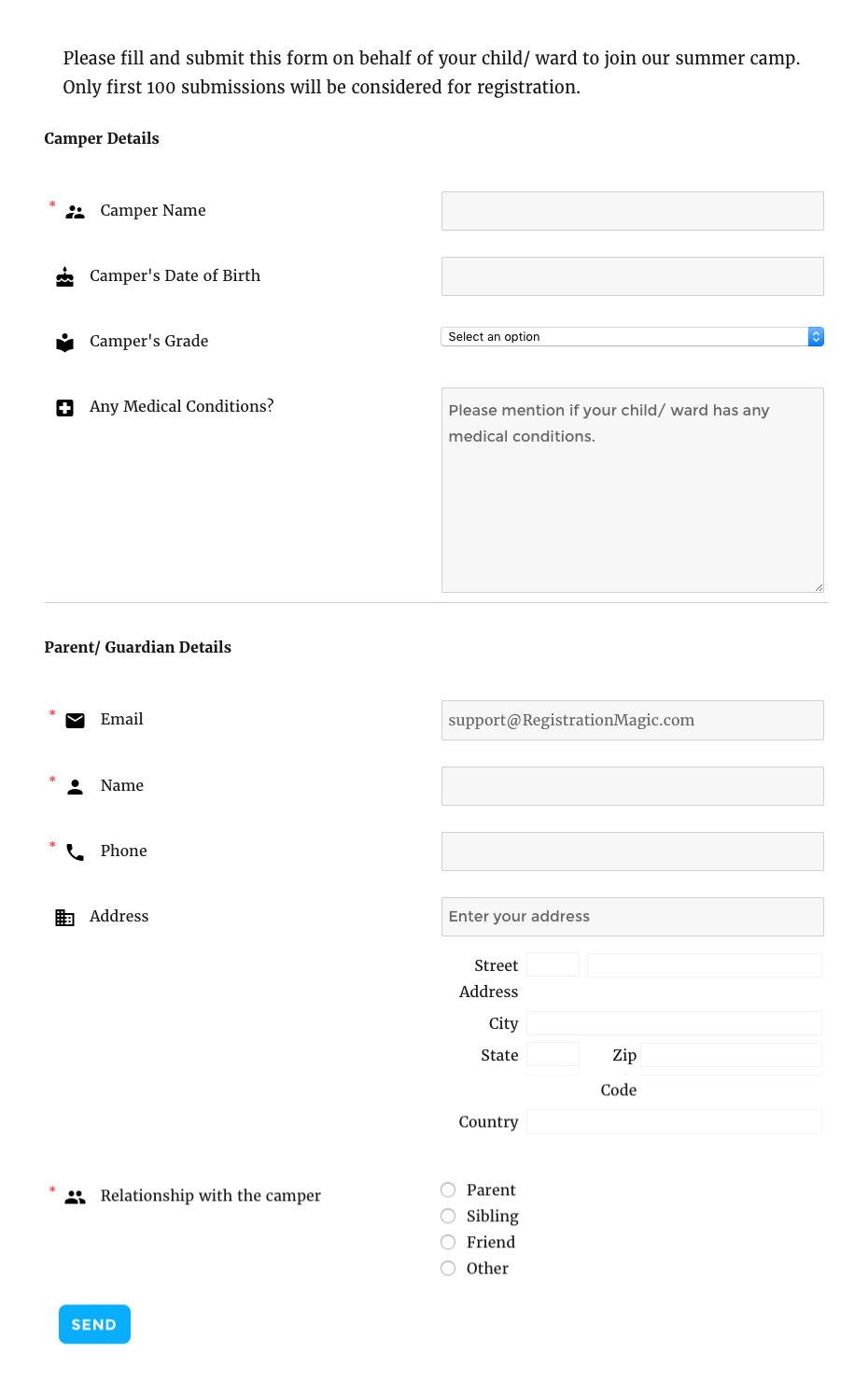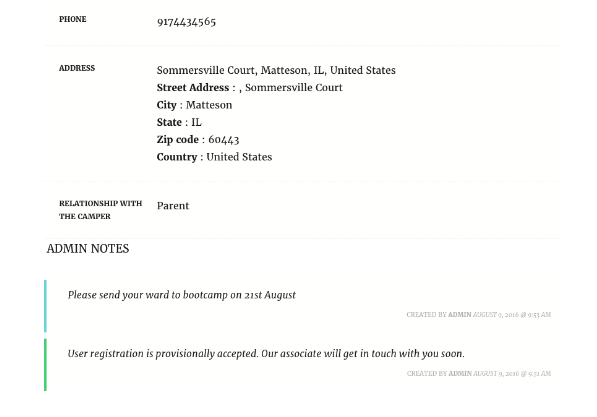Events are exciting, but for the organizers and hosts, it can be nerve-wracking and challenging. One of the challenges that organizers face is creating a system that will help them handle registration, payments, and information dissemination. Fortunately, you can manage all of these aspects in one place by building a WordPress event registration system.
Here’s a nifty little guide that will help you create one:
Features Your Event Registration System Needs to Have

Information About the Event
The system should be able to provide a detailed description of the event including the following information:
- Theme or Name of the Event
- Venue
- Time and Date
- Speakers/Hosts
- Price
Map and Information About the Location
There should be a map that guides participants to the venue and nearby hotels and accommodations. It would be a very good idea to integrate Google Maps into your WordPress event registration system.
Registration Form
The system needs to have a clearly labeled WordPress event registration form where the event participants can give the information you need from them. The WordPress event registration form should include the following fields:
- Name
- Address
- Email address
- Payment
- Date of attendance (if the event is going to be held more than once)
You can add more custom fields to the WordPress event registration form if you wish.
Tags and Categories
This allows you to organize topics so that your website visitors can easily find the information they need about the different events that you manage. It also helps you separate event-related content from the regular content on your site.
Confirmation Email
The system should also be able to send out a confirmation email to the registrants. It should also send them email reminders a few days before the event. If you want, you can set up the system to automatically subscribe the event participants to your newsletter.
Event Management
The system should allow you to create, copy, edit and delete events. It should not limit you to one event at a time. It should also let you set a cap on the number of people who can register because you can only accommodate a certain number of people at an event.
Setting Up a WordPress Event Registration System

WordPress has built-in tools that you can use to build an event registration system. You can install plugins later to add more functionality. Here’s how you can build a registration system using WordPress:
- Create a page solely for the event. This is where your visitors can find the basic information about the event along with the registration form.
- Assign a specific category to the event. You must do this so that you can keep all the information about it separate from the rest of your website content.
- Install a Google Maps plugin. Plugins such as WP Google Maps help you create maps that will guide your participants to the venue.
- Create a registration form. Many WordPress plugins allow you to create forms. If you want an easy way to create beautiful forms, use Registration Magic.
- Integrate PayPal and other payment systems. PayPal provides a code that automatically sends registrants to the website to make payments.
Final Note
You can build your system or use a plugin that provides complete solutions such as Events Manager and The Events Calendar Extension. Just make sure that your WordPress event registration system has all the features that you just read about in this article.
Also, make sure that you install Registration Magic. It’s a powerful plugin that allows you to create beautiful forms and launch a successful event registration on your WordPress site. If you want to find out more about Registration Magic, visit this site.
- How to Build a WordPress Event Registration System - December 23, 2016
- Why You Should Allow Users to Register to Your WordPress Site - December 21, 2016
- Want More Leads? Optimize Your Registration Forms! - December 19, 2016
- Creating a High Converting Registration Website Form: A Five-Point Checklist - December 13, 2016

Hi there,
If a user registers an account and there are various fields i.e. checkbox’s with specific values that are selected. Can those values be individually be obtained via code? Let’s say I’d like to match those values with specific categories in a post type so that I could filter posts by category by that specific (logged in) user on a custom filtered posts results page.
All the form submissions are stored in the following table: rm_submissions. You can fetch details from this table via code.